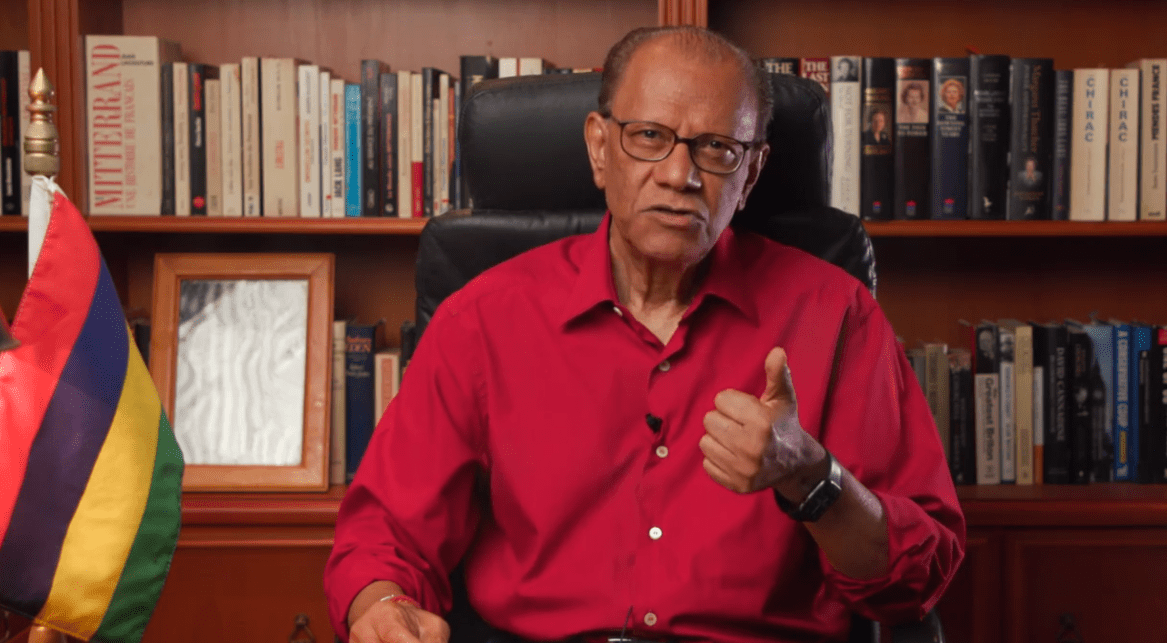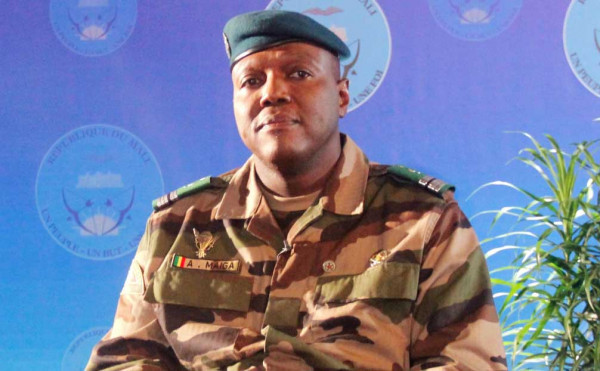Nigeria on Wednesday had its 2018 appropriation bill, containing the year’s federal spending details as approved by the National Assembly, signed into law.
President Muhammadu Buhari gave legal teeth to the budget at the presidential villa in Abuja, the country’s capital city but not without a grumble.
The total budget is N9.1 trillion, up from the N8.6 trillion estimates he submitted to the Assembly on November 7, 2017.
The two chambers of the National Assembly passed the budget on May 16, six months after it was presented by the president.
Buhari expressed serious reservations over the treatment meted on the original budget proposal noting that the document had been ‘padded’ by the lawmakers. He said as follows:
“The National Assembly made cuts amounting to 347 billion Naira in the allocations to 4,700 projects submitted to them for consideration and introduced 6,403 projects of their own amounting to 578 billion Naira.
“Many of the projects cut are critical and may be difficult, if not impossible, to implement with the reduced allocation. Some of the new projects inserted by the National Assembly have not been properly conceptualized, designed and costed and will therefore be difficult to execute.
“The provisions for some nationally/regionally strategic infrastructure projects were cut by an aggregate of 11.5 billion Naira. Provisions for some ongoing critical infrastructure projects in the FCT, Abuja especially major arterial roads and the mass transit rail project, were cut by a total of 7.5 billion Naira.
“The provision for Rehabilitation and Additional Security Measures for the United Nations Building by the FCT, Abuja was cut by 3.9 billion Naira from 4 billion Naira to 100 million Naira; this will make it impossible for the Federal Government of Nigeria to fulfill its commitment to the United Nations on this project.
“The provisions for various Strategic Interventions in the health sector were cut by an aggregate amount of 7.45 billion Naira.
“The provision for security infrastructure in the 104 Unity Schools across the country were cut by 3 billion Naira at a time when securing our students against acts of terrorism ought to be a major concern of government.
“The provision for the Federal Government’s National Housing Programme was cut by 8.7 billion Naira.
“At a time when we are working with Labour to address compensation-related issues, a total of 5 billion Naira was cut from the provisions for Pension Redemption Fund and Public Service Wage Adjustment.
“The provisions for Export Expansion Grant (EEG) and Special Economic Zones/Industrial Parks were cut by a total of 14.5 billion Naira.
“The provision for Construction of the Terminal Building at Enugu Airport was cut from 2 billion Naira to 500 million Naira which will further delay the completion of this critical project.
“The Take-off Grant for the Maritime University in Delta State, a key strategic initiative of the Federal Government, was cut from 5 billion Naira to 3.4 billion Naira,” he said.
The President said about seventy new road projects have been inserted into the budget of the Federal Ministry of Power, Works and Housing.
“In doing so, the National Assembly applied some of the additional funds expected from the upward review of the oil price benchmark to the Ministry’s vote. Regrettably, however, in order to make provision for some of the new roads, the amounts allocated to some strategic major roads have been cut by the National Assembly,”
However, in a quick reaction, the lawmakers through Bala Na’ Allah, the deputy leader of the Senate who represented Senate President Bukola Saraki, and the Chief Whip of the House of Representatives, Alhassan Doguwa, who represented Speaker Yakubu Dogara, said the lawmakers had no option than to tinker with the budget estimates.
Mr Na’ Allah said their job as parliamentarians is a difficult one.
“The way the budget came, if we had allowed it to go that way, we would have been in trouble with those who elected us,” the lawmaker told journalists after the budget signing ceremony.
The senator also said they decided to alter the budget in order “to balance between the six geo political zones” across the country.
He said it is the “balancing efforts” by the National Assembly that led to the observations raised by Mr Buhari.
On his part, Mr Doguwa said “certainly you wouldn’t expect us to just rubber stamp and just bring it back. We have to do the nitty-gritty of budget consideration.”

 Politics2 days ago
Politics2 days ago
 VenturesNow2 days ago
VenturesNow2 days ago
 Metro2 days ago
Metro2 days ago
 Musings From Abroad2 days ago
Musings From Abroad2 days ago





















